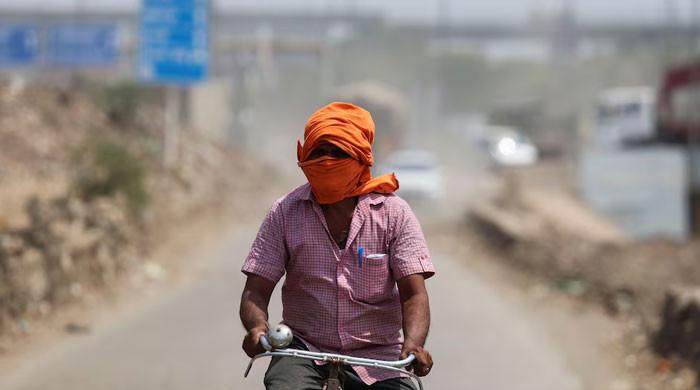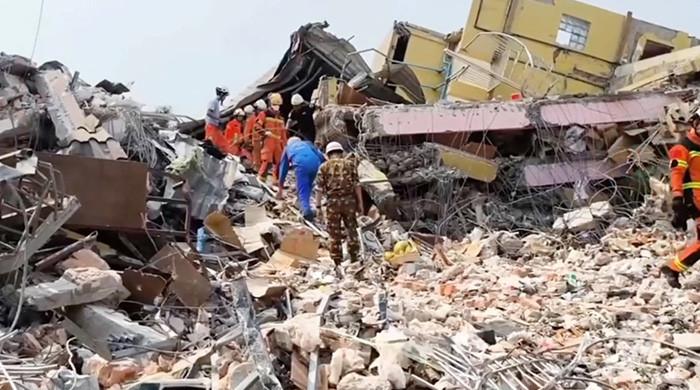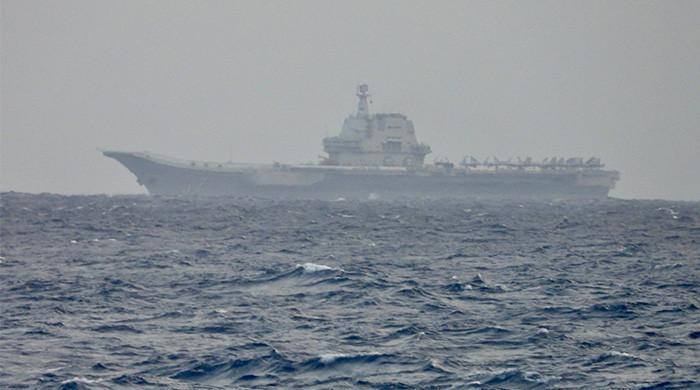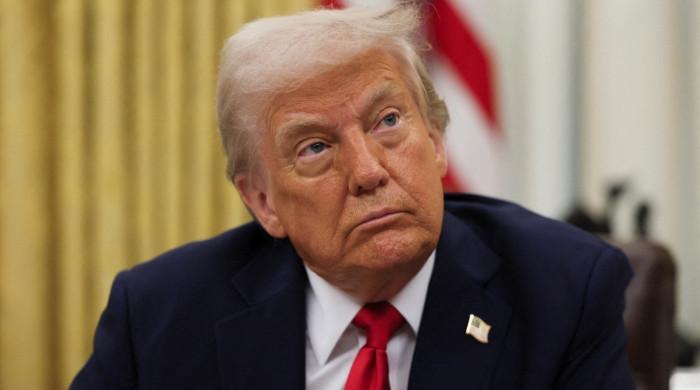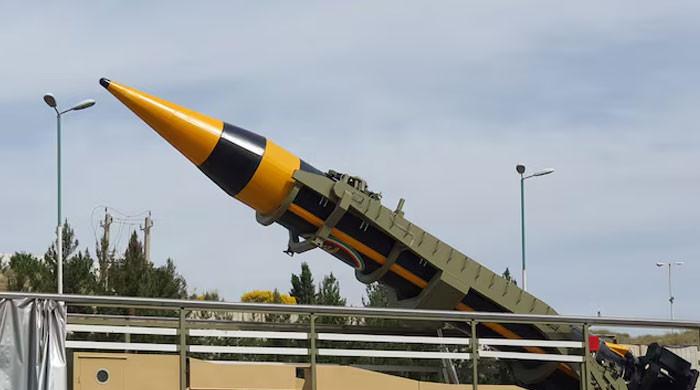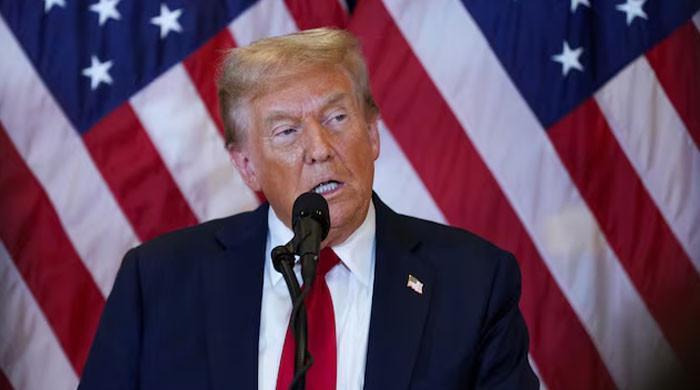Over 1,000 protest for work, services in Iraq capital
Security forces on Tuesday used water cannons and tear gas to disperse more than 1,000 Iraqis protesting in central Baghdad against state corruption and poor public services, an AFP reporter said.
October 01, 2019
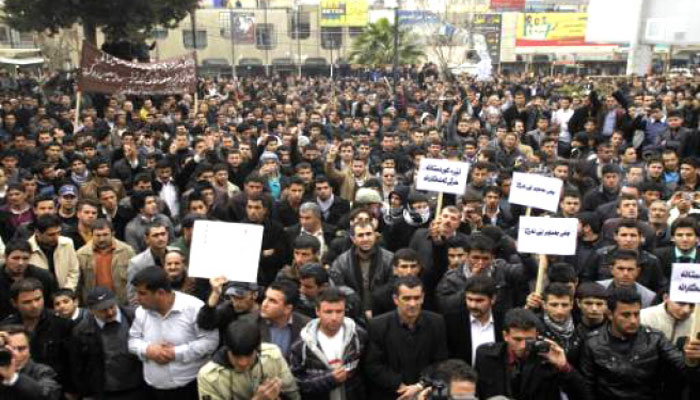
BAGHDAD: Security forces on Tuesday used water cannons and tear gas to disperse more than 1,000 Iraqis protesting in central Baghdad against state corruption and poor public services, an AFP reporter said.
"Those thieves robbed us!" demonstrators cried out in a reference to Iraq's political class, just weeks before the fragile government turns one year old.
Iraq is considered the 12th most corrupt country in the world, according to Transparency International. Power cuts are rampant, water shortages common, and unemployment is high, particularly among youth.
The demonstrators — almost entirely men — descended on the main Tahrir Square with Iraqi flags draped over their shoulders or wrapped around their foreheads like headbands.
Others carried portraits of Staff Lieutenant General Abdulwahab al-Saadi, who was removed from his post in Iraq's Counter-Terrorism Service in a shocking move earlier this week.
Riot police cleared the square once but the demonstrators then regrouped, making their way to a bridge into the high-security Green Zone where government offices and foreign embassies are present.
The gathering was the biggest demonstration against Prime Minister Adel Abdel Mahdi since he came to power in late October 2018. The protests over poor services echoed those that engulfed the southern city of Basra last summer.
Despite simmering frustration with the premier, streets in Baghdad had remained relatively quiet, before a confluence of factors apparently reignited public anger.
Graduates have slammed the government over its failure to hire them in a country where a vast majority of the labour force is employed by a bloated public infrastructure.
According to the World Bank, youth unemployment in Iraq is running at around 25 percent, double the national average.
Abdel Mahdi has also taken flak over last week's decommissioning of Saadi, feted as a national hero for recapturing Iraqi territory from Daesh.
Since 2004, a year after the US-led invasion that ousted Saddam Hussein, almost $450 billion of public funds has vanished into the pockets of shady politicians and businesspeople, according to official figures.





